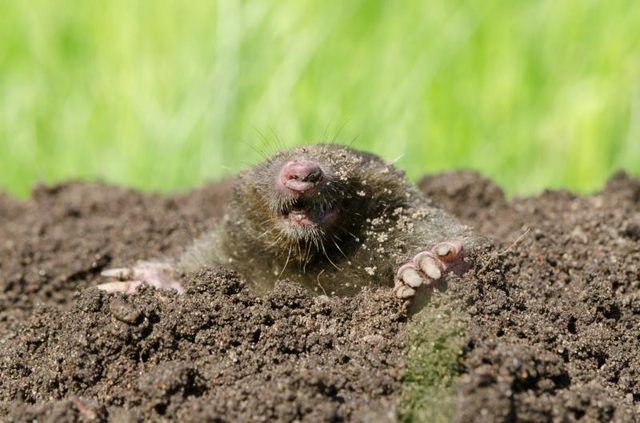Bulbs
Flower Basics
Flower Beds & Specialty Gardens
Flower Garden
Garden Furniture
Garden Gnomes
Garden Seeds
Garden Sheds
Garden Statues
Garden Tools & Supplies
Gardening Basics
Green & Organic
Groundcovers & Vines
Growing Annuals
Growing Basil
Growing Beans
Growing Berries
Growing Blueberries
Growing Cactus
Growing Corn
Growing Cotton
Growing Edibles
Growing Flowers
Growing Garlic
Growing Grapes
Growing Grass
Growing Herbs
Growing Jasmine
Growing Mint
Growing Mushrooms
Orchids
Growing Peanuts
Growing Perennials
Growing Plants
Growing Rosemary
Growing Roses
Growing Strawberries
Growing Sunflowers
Growing Thyme
Growing Tomatoes
Growing Tulips
Growing Vegetables
Herb Basics
Herb Garden
Indoor Growing
Landscaping Basics
Landscaping Patios
Landscaping Plants
Landscaping Shrubs
Landscaping Trees
Landscaping Walks & Pathways
Lawn Basics
Lawn Maintenance
Lawn Mowers
Lawn Ornaments
Lawn Planting
Lawn Tools
Outdoor Growing
Overall Landscape Planning
Pests, Weeds & Problems
Plant Basics
Rock Garden
Rose Garden
Shrubs
Soil
Specialty Gardens
Trees
Vegetable Garden
Yard Maintenance
How to Get Rid of Moles and Voles in the Yard
How to Get Rid of Moles and Voles in the Yard. Moles and voles are furry little burrowing creatures, but apart from the fact that both can damage your lawn, they aren't very much alike. Moles eat grubs and worms -- not your plants -- and most of the damage they cause is a result of their tunnels. Voles, on the other hand, form large communities,...

Moles and voles are furry little burrowing creatures, but apart from the fact that both can damage your lawn, they aren't very much alike. Moles eat grubs and worms -- not your plants -- and most of the damage they cause is a result of their tunnels. Voles, on the other hand, form large communities, and they love to feast on roots. You may need a combination of strategies to get rid of either pest.
Differentiating Moles from Voles
Moles are solitary animals, and if one is in your yard, it's probably alone. The network of tunnels it creates in its search for food is punctuated by raised tracks molehills, and because the mole can dig at a rate of 100 feet every day, the damage to your lawn can be extensive. If you have a vole infestation, there is usually many more than one because they reproduce prolifically. Because they are rodents, they're after your plants; the sign of a vole infestation, besides runways that crisscross your yard, is damage to your flowerbeds and gardens.
Collapse the Mole Tunnels
If your yard has the telltale signs of a mole infestation, you may be able to bring the animal closer to the surface by overwatering. If it works, you'll see an increase in the frequency of visible tracks, and you can then use a simple strategy to persuade the animal to leave. Roll the lawn with a weighted roll to flatten the tracks and molehills. Moles create main runways to which they frequently return, and if you collapse these, the animal is likely to move elsewhere. You may have to roll frequently -- perhaps every few days -- for this strategy to work.
No Water or Shelter for Voles
When voles infest your yard, they're often searching for water as well as food, so instead of overwatering, you should give your lawn the minimum amount of water it needs to survive. This keeps the subsoil dry and unattractive to thirsty voles. It's also important to clear away all clippings, leaves, brush and debris from your yard because voles use this for shelter when they're above ground. Keep the lawn mowed as short as is healthy for it, so the furry intruders feel even less sense of shelter. Finally, get a cat and encourage it to stay outside at night.
Underground Barriers
The best way to get rid of moles and voles is to keep them away from your lawn and garden in the first place. An underground barrier around the perimeter of your yard can do just that. Bury 1/4-inch hardware cloth in an 18-inch trench, and tilt the bottom 4 inches at a 90-degree angle away from the yard to discourage animals from tunneling underneath it. If you already have voles in your yard, this type of barrier can keep them out of your flower gardens. If all else fails, you may have to trap the critters; most experts agree that few other control strategies work.